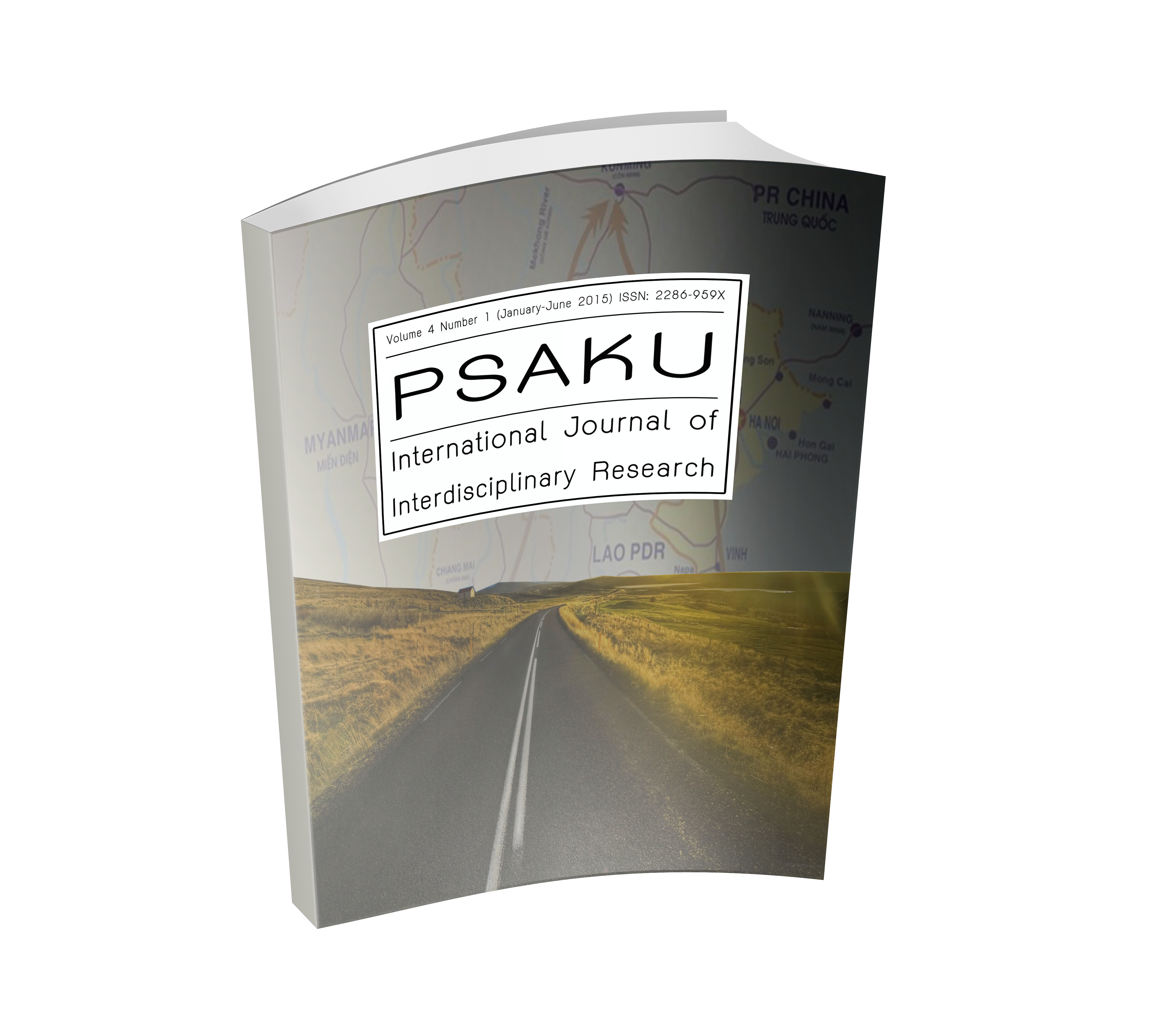Lessons learned on Rural Health Development from Ethnical Consultation: A Case study of Health Services Improvement Project-Additional Financing
Keywords:
Health Services Improvement Project-Additional Financing, Ethnic, ConsultationsAbstract
The Government of Lao PDR has formulated a National Growth and Poverty Eradication Strategy (NGPES) that links sustainable economic growth, human development, reduced vulnerability and poverty alleviation; and addresses the key issues of public sector governance and public sector management. Implementation of the overall strategy focuses on rural Districts and relies on decentralized authority and beneficiary participation. Health services are a vital component of the NGPES, which reiterates the Government’s commitment to achieving the Millennium Development Goals (MDGs) and identifies improved access, equity, quality and strengthening the health workforce as key goals. Ministry of Health (MOH) supported by the World Bank (WB) is implementing the Health Services Improvement Project-Additional Financing (HSIP-AF) with the objective to increase utilization and quality of health services, particularly for the poor women and children in rural areas. The consultations with ethnic groups during project implementation is necessary in order to assess whether the design of the HSIP-AF is succeeding in responding to the needs for MNCH services of ethnic groups in project provinces, understand the extent to which free delivery, and outreach activities impact health seeking behaviour of pregnant women and new-born children from ethnic groups and ascertain based on the result of such consultations, broad community support to project activities. The principle of SWOT Analysis was adapted in the consultation methodology. The Consultations however, indicated that ethnic communities were not fully informed of and understood project benefits available to them and requirements for participation. Communication is often particular problematic in areas with language barriers. A higher degree of inclusion in terms of community participation in the identification of problems and ways of solving them would demand bottom-up implementation mechanisms and more flexibility to adapt project activities and supplied resources to local needs. The health service providers should preferably be female and members of local communities in order to overcome cultural and language barriers.
Downloads












.png)


